Green Aquaculture INtensification in Europe, GAIN project will co-host this big fish seminar on the importance to limit waste in aquaculture by eating the whole fish. ‘Can you eat the whole fish?’ is the second seminar of the second series co-hosted with Ca’ Foscari University of Venice.
The event starts with a presentation introducing the topic and the GAIN project by Professor Roberto Pastres, Ecology Professor at the Department of Environmental Sciences, Informatics and Statistics of Ca’ Foscari University of Venice. This is followed by a discussion of the topic by a panel including Mike Berthet, Dave Love, Lyndon Paul, Nireka Weeratunge, and Jimmy Young. The seminar was hosted by Prof. David Little and concluded by Joao Ferreira.
Co-host and presenter Roberto Pastres
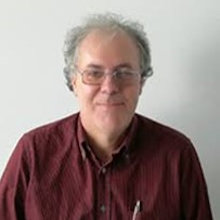
Roberto Pastres
Ecology Professor at the Department of Environmental Sciences, Informatics and Statistics of Ca’ Foscari University of Venice, Italy
Roberto has a large experience in modelling aquaculture-environment interactions and in the application of environmental accounting methodologies to aquaculture. He coordinated the H2020 project GAIN – Green Aquaculture INtensification in Europe www.unive.it/gainh2020_eu (May 2018 – October 2021 ), which developed innovative processes for reusing side-streams and extracting valuable secondary products from farmed fish, showing that it would be possible to make full use of a large amount of fish biomass which is being currently wasted.
Panelists – Mike Berthet, Dave Love, Lyndon Paul, Nireka Weeratunge, and Jimmy Young
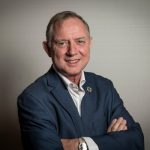
Mike Berthet
Managing Director, Aquaesea Limited
Mike is a qualified Chef with over 30 years experience in Fish and Seafood. Mike had a successful career with the leading UK food service company M&J Seafood. His focus on sustainability issues ensured their commitment to responsible sourcing was maintained. Mike works with the Industry, Governments, NGOs, and Fishermen, to advance safe sustainable fishing and aquaculture. He has served as the North Atlantic Seafood Forum’s International Development Director, as a board member of the Global Aquaculture Alliance (GAA), representing their Best Aquaculture Practice Certification Programme on committees such as the Seafish Common Language Group, and the Oversight Board for the Responsible Fishing Scheme. Mike resides near Oxford.
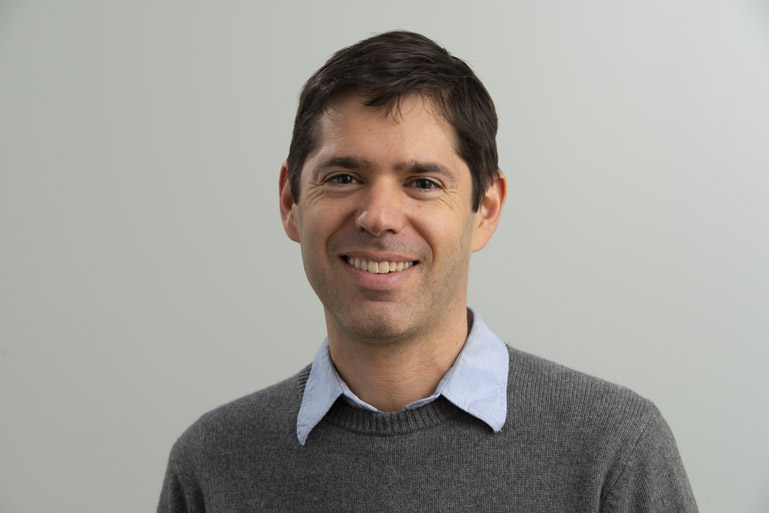
Dave Love
Senior Scientist, Department of Environmental Health and Engineering at the Johns Hopkins Bloomberg School of Public Health
Dave Love, PhD, MSPH is an environmental scientist working with the fisheries and aquaculture sectors. Dr. Love is a Senior Scientist in the Department of Environmental Health and Engineering at the Johns Hopkins Bloomberg School of Public Health and the Johns Hopkins Center for a Livable Future. His interests lie in food systems, food safety, seafood, and water quality.
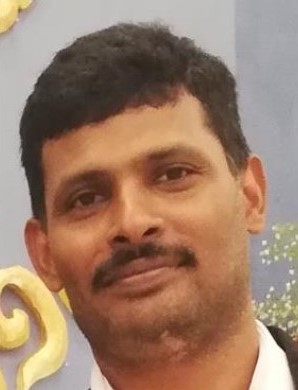
Lyndon Paul
Managing Director/ Founder, Danish Care Foods Ltd
The Danish Care Foods
Co., Ltd. company is a natural split off from the company ‘Vissot’ and has been operational for more than three years. Cambodia has the highest
mortality rate in Southeast Asia due to malnutrition (especially Sever acute malnutrition –
SAM). Treatment for malnutrition is being done with RUTF & RUSF (ready to use
therapeutic/supplement food) that are imported. Due to importation costs and product costs,
only a small percentage of children are being treated.
As a novel solution we have developed product that is using small fish species as a ingredient
which has made us the first to use Fish as a major ingredient in nutritional supplements. This has been done with UNICEF and Institut de Recherche pour le Développement (IRD) and also
with the Cambodian Department of Fisheries administration in Cambodia and the ministry of
Health. Our product has the ability to reduce cost and increase the number of children being
treated for malnutrition.
In 2017 our then developing partners Unicef and IRD (French) had an interest of making this
innovative solution reality and wanted to scaleup our production. Which led to us founding a
Danish partner who understood what we were trying to achieve and our future goals and came
on board. And we opened a company in 2018 and launched the company in December 2018.
Our solution is to process the entire fish within a short time, which would help us to maintain
quality of the fish and readily available to produce the necessary product for treatment and
prevention of malnutrition.
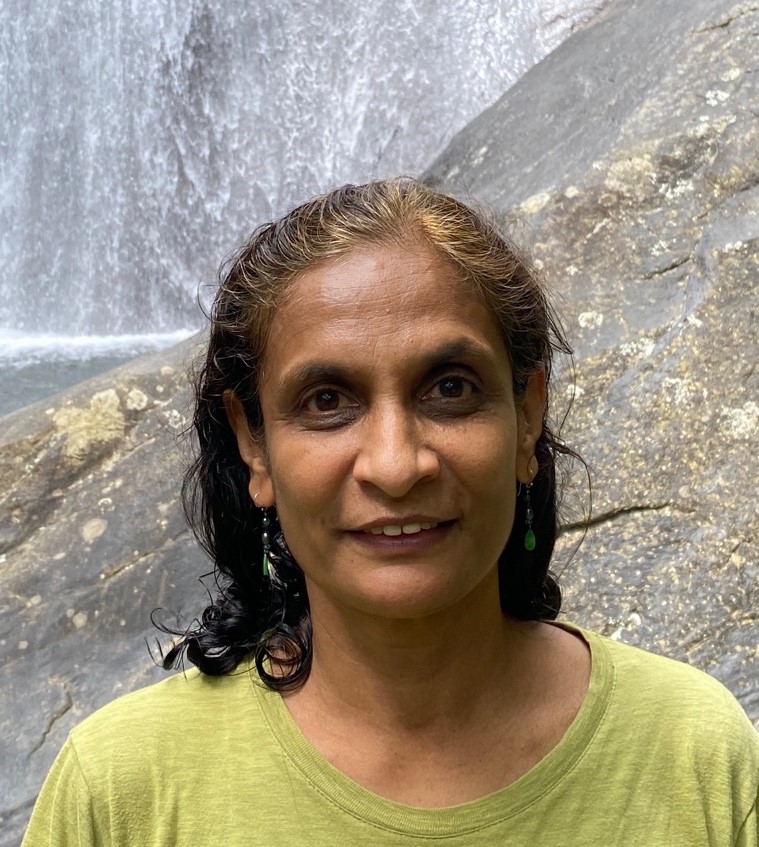
Nireka Weeratunge
Research Fellow, International Centre of Ethnic Studies, Columbo, Sri Lanka
Nireka Weeratunge is an anthropologist and Research Fellow at the International Centre of Ethnic Studies (ICES) in Colombo, Sri Lanka, as well as a member of the Scientific Steering Committee of Integrated Marine Biosphere Research (IMBeR). She collaborates on the ‘Dried Fish Matters’ project, led by the University of Manitoba, Canada, as well as the ‘Improved productivity, efficiency and sustainability of the culture-based fishery for finfish and giant freshwater prawn in Sri Lankan reservoirs’, project led by James Cook University, Australia. Her main areas of work are the social and cultural aspects of natural resource use, focusing on gender and livelihood strategies in relation to poverty, vulnerability, resilience and wellbeing in fishing and farming communities. She has worked in Sri Lanka, Bangladesh, Cambodia, China (Yunan), Laos, Myanmar, Solomon Islands, Philippines and Vietnam.
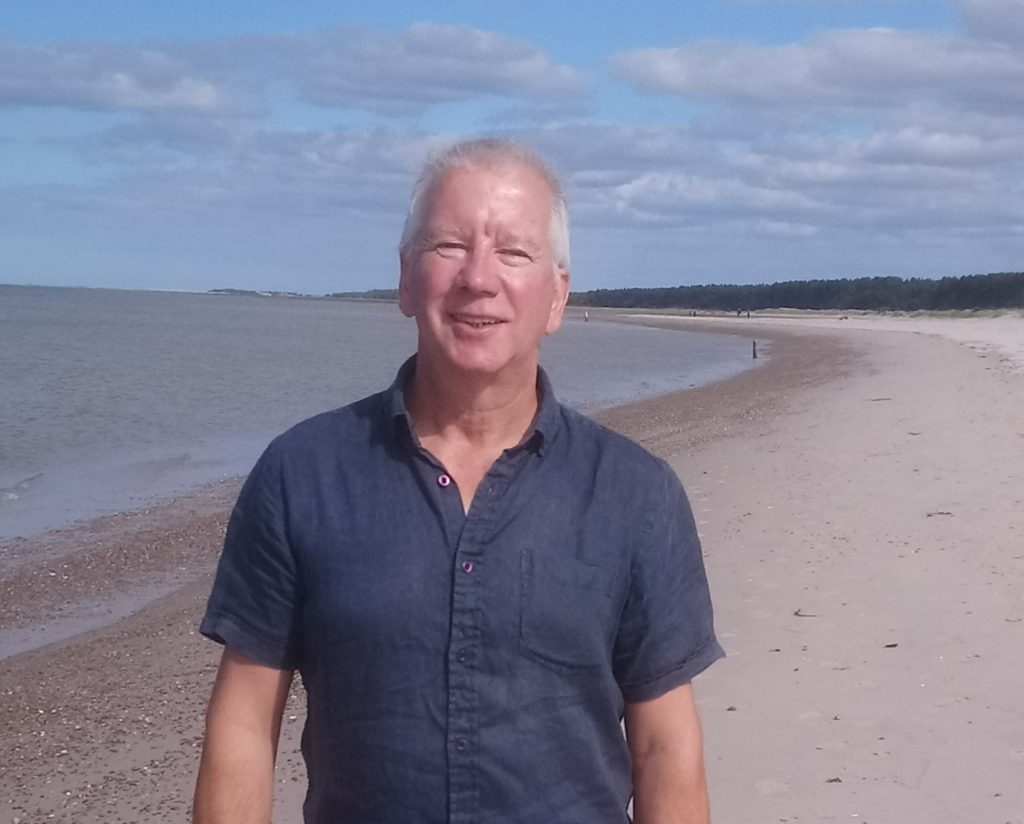
Jimmy Young
Emeritus Professor, University of Stirling School of Management
James A Young (Jimmy) is Emeritus Professor of Applied Marketing in the Marketing & Retail Division, University of Stirling School of Management and has worked closely with staff from the Institute of Aquaculture. He has held visiting positions at a number of other universities and research institutes abroad, notably in Norway.
Jimmy has over 40 years of UK and international experience working in and with the seafood processing industry, capture fisheries & aquaculture. His research, consultancy, marketing education and training in developed, low and middle-income countries span a diverse range of topics within marketing.
Concluding remarks – Joao Ferreira
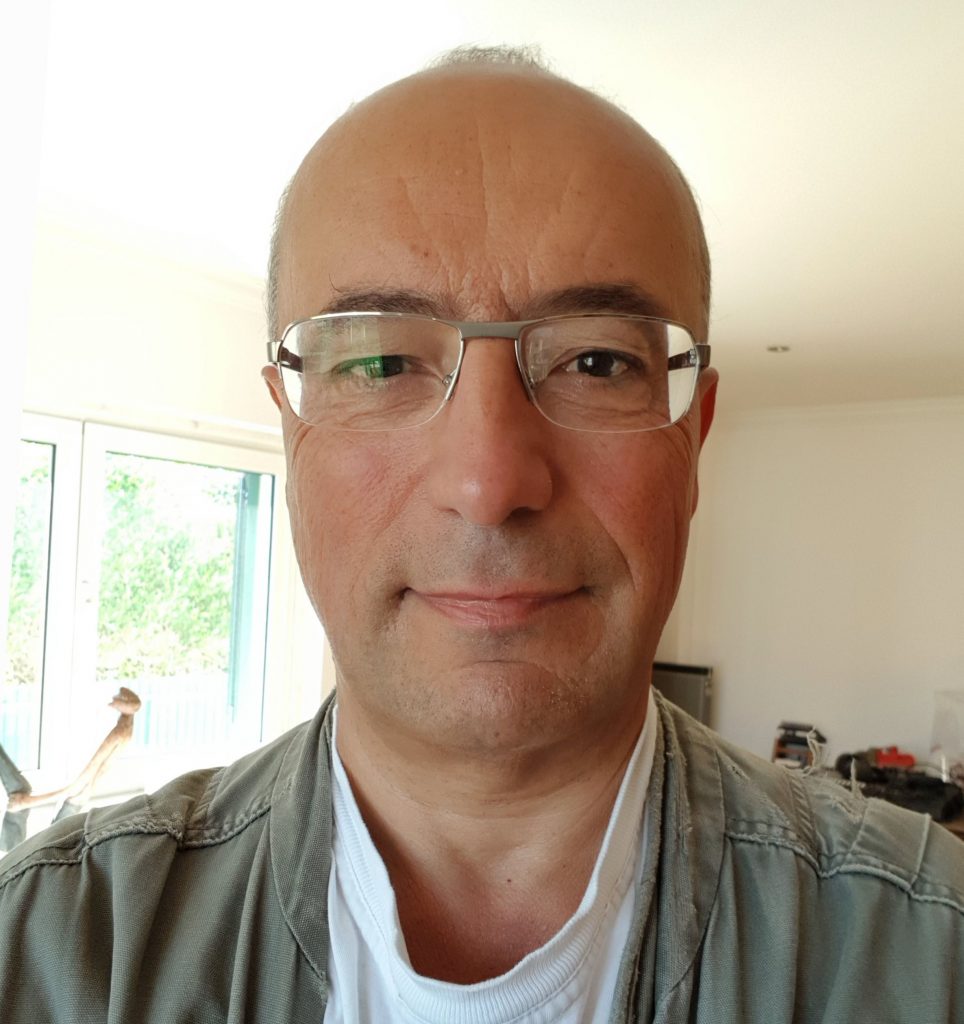
Joao Ferreira
Chief Scientific Officer, Longline Environment Ltd.
Joao G. Ferreira is the Chief Scientific Officer of Longline Environment Ltd., a UK and Ireland technology company specializing in sustainable aquaculture. For the last decades, Joao has been a Professor of Environmental Engineering at the Faculty of Sciences and Technology of the New University of Lisbon, Portugal, and was appointed Distinguished Visiting International Scholar in 2015 at the University of Rhode Island.
He has coordinated the modelling component of fifteen European and six other international research projects over the last twenty years, in areas such as aquaculture, eutrophication, and coastal zone management. He has published over seventy papers in peer-reviewed journals, several book chapters, coordinated the publication of the COEXIST/FORWARD (goodclam.org), SPEAR (biaoqiang.org), and SMILE (ecowin.org/smile) books, and recently co-edited the book ‘Goods and Services of Marine Bivalves.’
He is the author of the EcoWin system-scale ecological modeling software, and of the FARM carrying capacity model, used for local-scale aquaculture modeling. Both models have been widely used in North America, Europe, Asia, Africa, and South America. He is a co-author of the ABC screening model for simulating disease risk in aquaculture and co-authored the ASSETS eutrophication assessment model in collaboration with NOAA.
He was a member of the EU Water Framework Directive Common Implementation Strategy task group for estuarine and coastal systems and led the eutrophication descriptor guidance group for the EU Marine Strategy Framework Directive. His work has taken him to the four corners of the earth, except over the last year, when he has remained sessile.
Supporting live audience questions – Christian Bruckner, Stephanie Horn, Wesley Malcorps, Richard Newton, and Sanne Sigh.
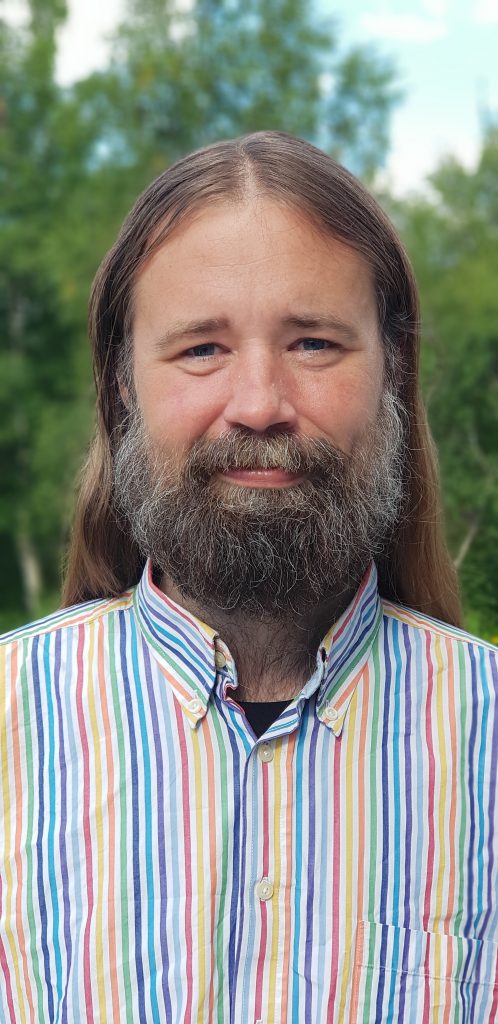
Christian Bruckner
Scientist at Salten Havbrukspark, Gildeskål, Norway
Christian is a Scientist at Salten Havbrukspark with a focus on the development of algae related industries. Christian was task leader for Salten Havbrukspark on the GAIN project.
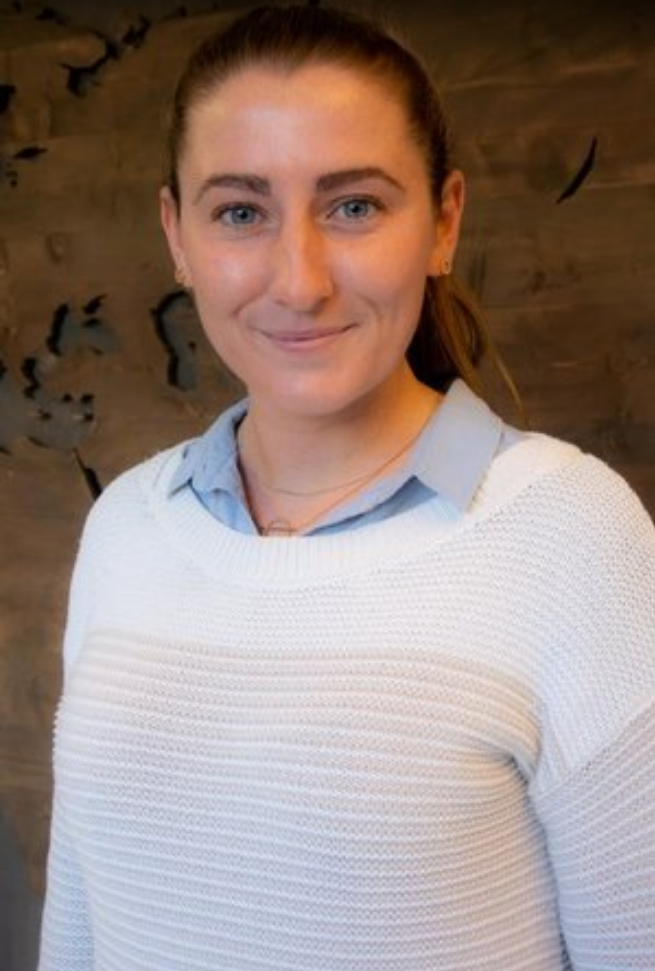
Stephanie Horn
PhD researcher, PhD Researcher, Institute of Aquaculture, University of Stirling
Steph is a PhD student assessing the nutritional outcomes and environmental impacts of aquaculture systems across Bangladesh. She is currently in rural Bangladesh evaluating SIS and fish fingerling consumption patterns of smallholder farming households.

Wesley Malcorps
PhD Researcher, Institute of Aquaculture, University of Stirling
Wesley Malcorps is a PhD student at the Institute of Aquaculture working on “Value Chain and Sustainability Assessments of European Aquaculture Value Chains”, as part of the GAIN (Green Aquaculture Intensification in Europe) project funded by European Union Horizon 2020. This project is designed to support the sustainable growth of European (EU+EEA) aquaculture. His focus is the strategic utilization of fish by-products, life cycle assessment and value chain analysis.
He finalized a bachelor’s in Water Management / Aquatic Ecotechnology at the HZ University of Applied Sciences (Netherlands, 2015) and a MSc Sustainable Development – Environmental Change and Ecosystems at Utrecht University in 2017 (Netherlands). Additionally, he had professional roles in sustainability projects, became a PADI Divemaster and has over 10 years of experience as an expert and salesman in fresh- and saltwater species in the ornamental fish trade. Check out his profiles on LinkedIn, ResearchGate and YouTube.
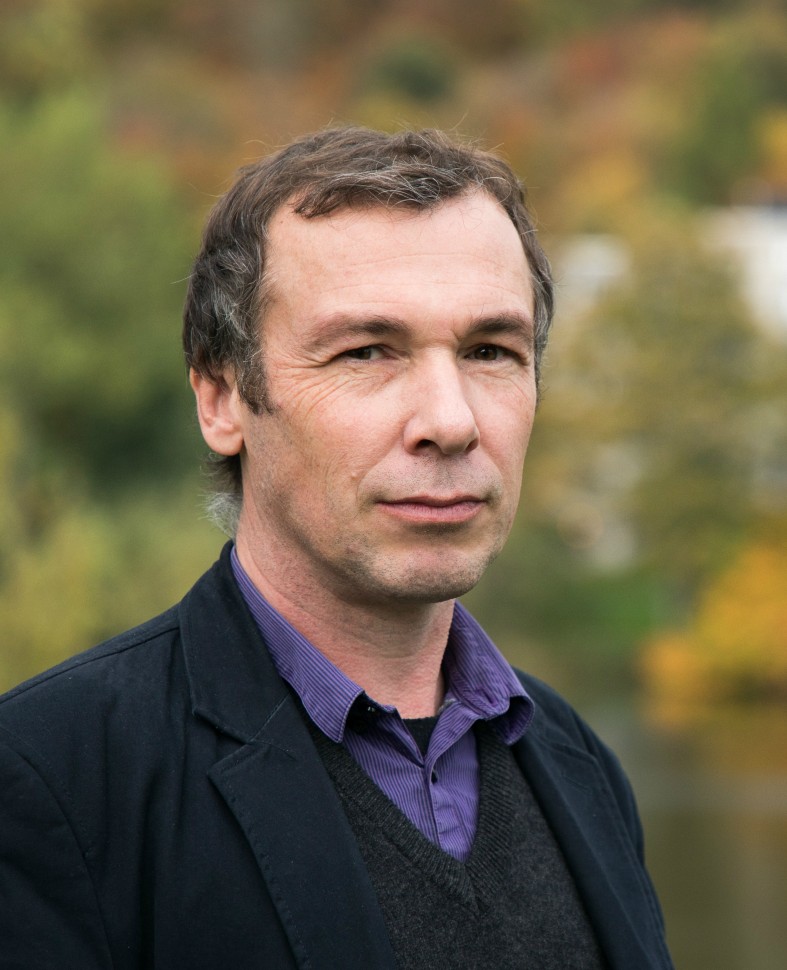
Richard Newton
Research Fellow, Institute of Aquaculture, University of Stirling
Richard Newton is a research fellow in the Institute of Aquaculture at the University of Stirling. He has worked in the industry for 20 years in academic and commercial roles but now works on promoting circular economy initiatives in aquaculture value chains, linking environmental and socio-economic gains through comprehensive sustainability assessments. Particularly, Richard has been focussed on maximising the utilisation of aquaculture and fishery by-product resources. He has worked across Europe and Asia’s main centres of aquaculture production, investigating many of the species that underpin food security and contribute to rural economies.
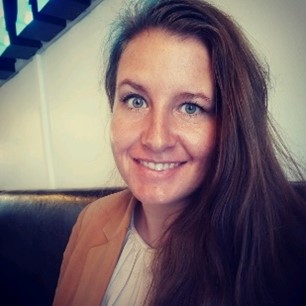
Sanne Sigh
Advisor, Multisectoral Food and Nutrition Security Project (MUSEFO) in Cambodia
Sanne has a PhD degree in Pediatrics and International Nutrition with more than six years of experience from South-East Asia. During her PhD, her primary focus was developing a locally produced fish-based ready-to-use therapeutic food (RUTF) and assessing its acceptability in children and their caregivers and evaluating the effectiveness of the RUTF in the treatment of severe acute malnutrition. Beyond severe acute malnutrition, Sanne is also highly experienced within the field of public health nutrition, research design and methodologies, fatty acids, and macro-and micronutrients.
Since 2020, Sanne has worked with a Multisectoral Food and Nutrition Security Project (MUSEFO) targeting vulnerable populations, in particular women of reproductive age and young children. The project aims to make a significant contribution to the reduction of poverty and hunger. In doing so, a particular emphasis is placed on food and nutrition security for women of childbearing age and young children. Sanne plays a vital role as technical advisor and overseeing the implementation of the project.